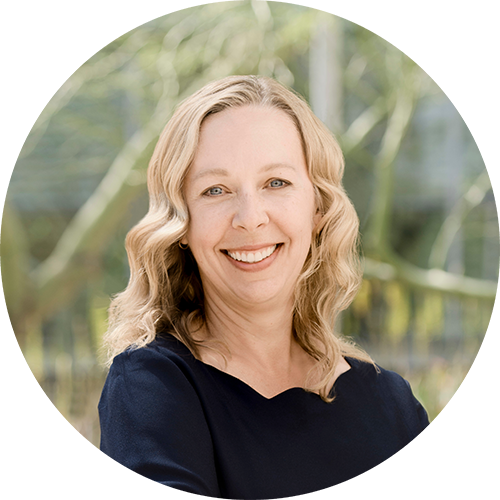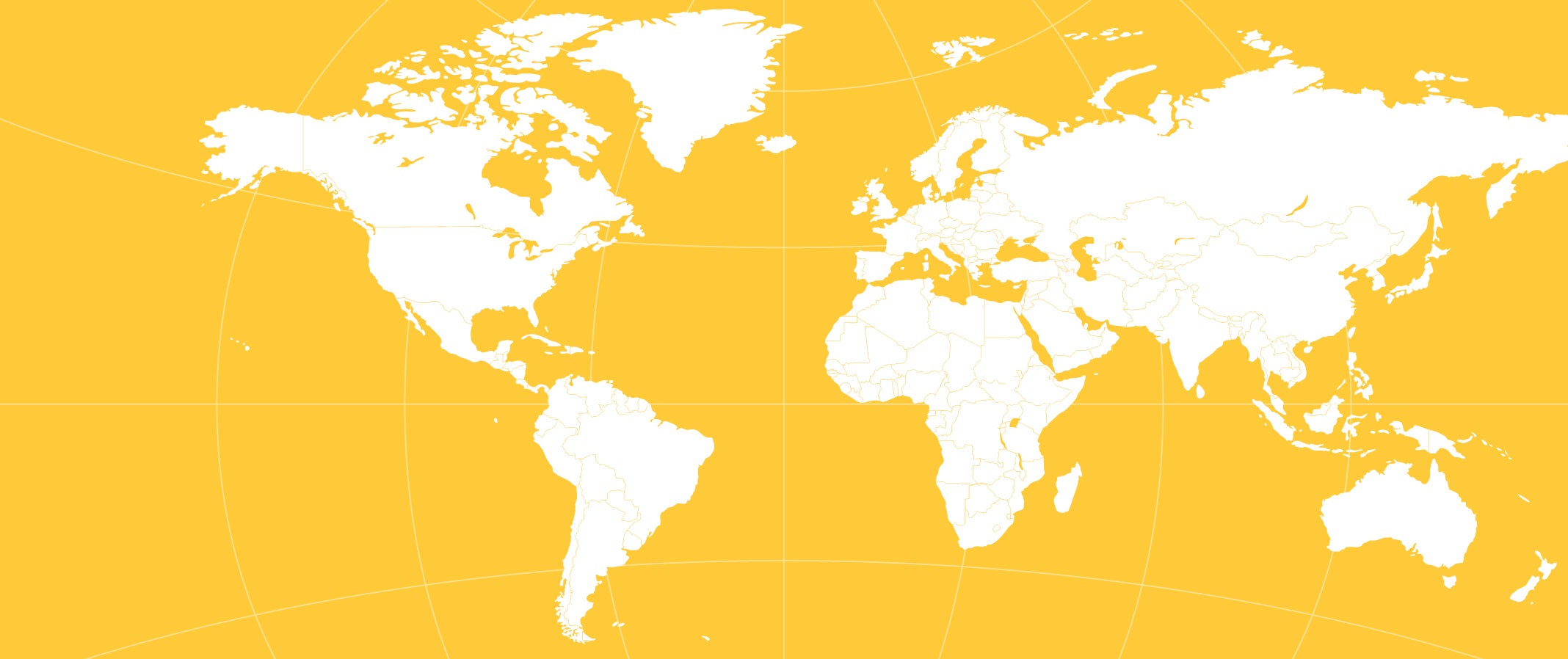The Office of Global Engagement at Mary Lou Fulton College for Teaching and Learning Innovation engages with people, institutions and ideas globally to address issues of educational quality, equity and global sustainability.
We strive to develop and sustain collaborative networks and mutually transformative partnerships across geographic, cultural and disciplinary boundaries.
MLFC Global Engagement
The Office of Global Engagement builds upon the work of the former Center for Advanced Studies in Global Education, founded at MLFC in 2014 to advance college-wide internationalization efforts. It also serves as a hub for moving the college toward achieving ASU Design Aspiration #8 — to engage globally by pursuing an integrated and strategic approach to internationalization. Learn more about this work, our initiatives and our partnerships in MLFC’s Global Engagement report.
Welcome from the Associate Dean of Global Engagement
In 2015, the United Nations General Assembly adopted a set of 17 ambitious Sustainable Development Goals for the year 2030. Included among the goals is SDG 4: Ensure inclusive and quality education and promote lifelong learning opportunities for all. Education is directly referenced in several other SDGs — health and well-being (SDG 3), gender equality (SDG 5) and climate change mitigation (SDG 13) — serving as an essential mechanism for achieving the broader sustainability goals. Successfully addressing the challenges posed by inequality, pandemics, climate crisis and mass migration is going to require humans to be able to learn quickly and well, collaborate across various divides and, in general, act with a great depth of knowledge, wisdom and empathy. It will also require the current education systems to change to respond to global sustainability challenges.
So what does it mean for a college of education? How should we think and act globally? For ASU’s Mary Lou Fulton College for Teaching and Learning Innovation, it means operating on three broad fronts.
First, in alignment with our college’s mission to create knowledge and mobilize people, we are developing collaborative academic networks across geographic, cultural and disciplinary boundaries to facilitate knowledge exchange and innovation.
Second, our faculty, students and staff are working with colleagues internationally to explore how to improve educational access, equity and quality through context- and culture-specific education policies and practices.
Third, we are taking a leadership role in global efforts to redesign the education workforce in order to generate meaningful and more equitable learning outcomes for all. Finally, in conjunction with all our work, we engage in continuous and provocative global conversations about what kind of education is necessary for more sustainable and ecologically just futures.
As you explore our work, we hope you will join our growing networks, engage in ongoing conversations and work to transform education on a global scale and in our local communities.

Iveta Silova
Associate Dean of Global Engagement

![tia-collage-2-01[1]](/sites/g/files/litvpz656/files/2022-06/tia-collage-2-01%5B1%5D.jpeg)

